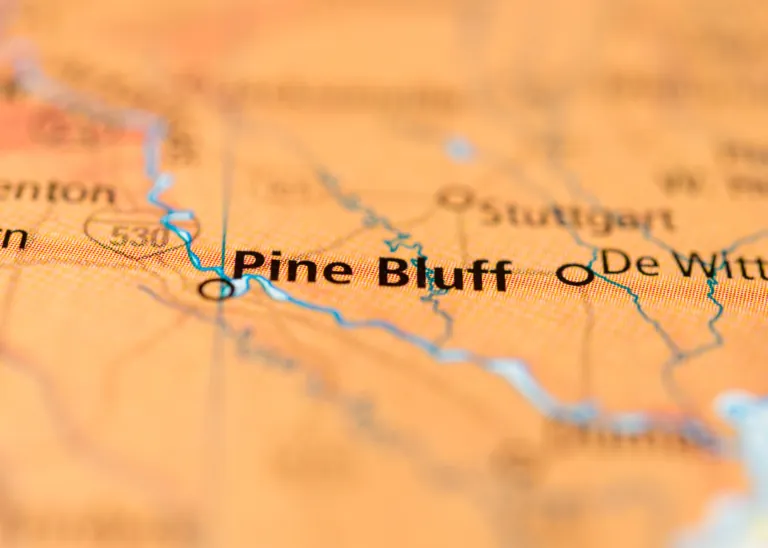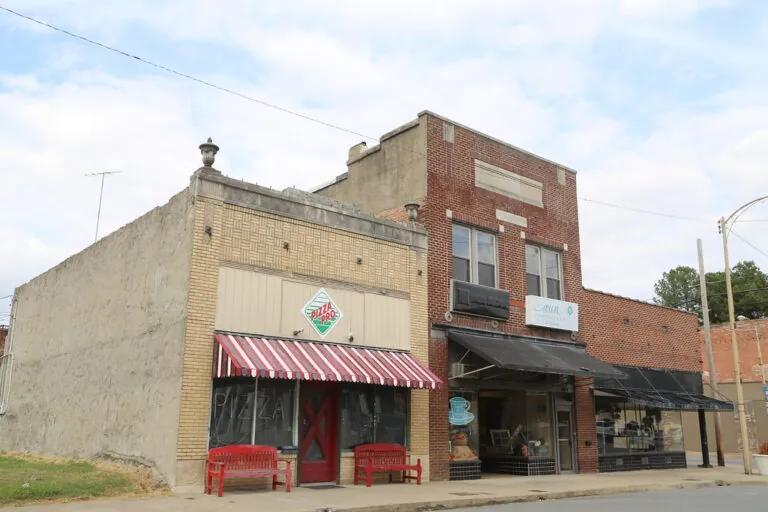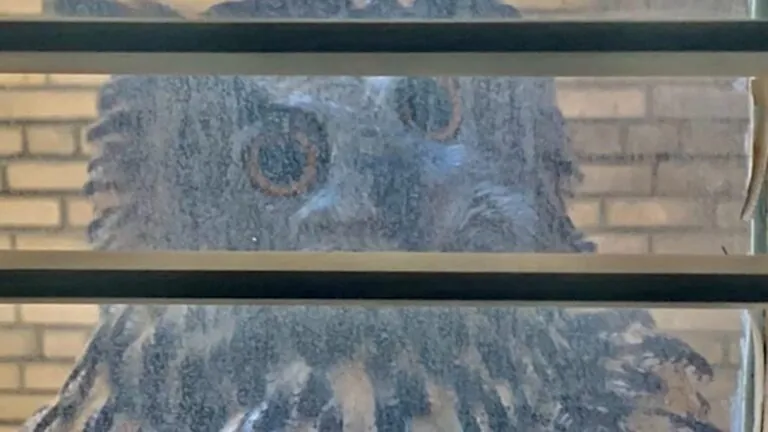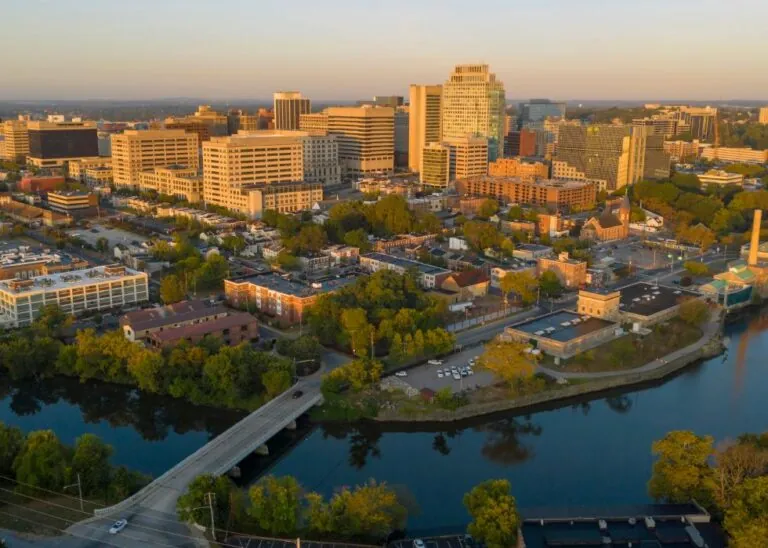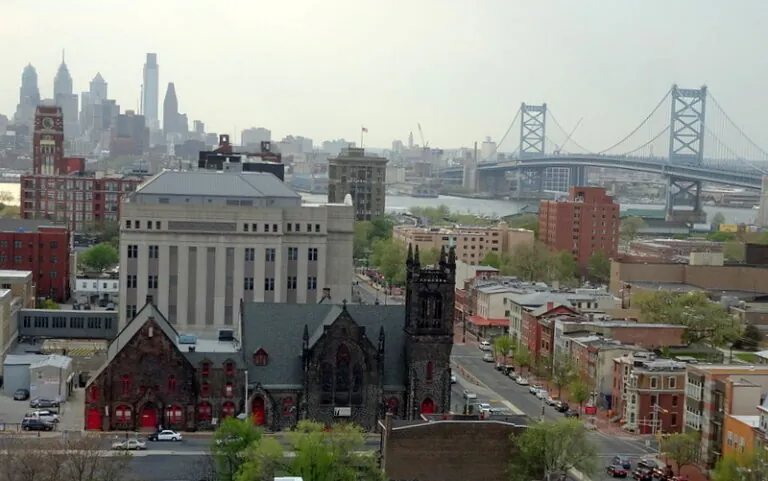Is Connecticut LGBTQ friendly? Check Out Some Real Reality!
Connecticut is a state in the northeastern United States. It is known for its beautiful scenery, its historic towns, and its vibrant cultural scene. Connecticut is also a very LGBTQ-friendly state. In fact, it was the second state in the country to legalize same-sex marriage.
| Feature | Description |
|---|---|
| Legal Protections | Prohibits discrimination in employment, housing, and public accommodations |
| Protects transgender people from being denied access to restrooms and other facilities | |
| Social Acceptance | Many LGBTQ-friendly businesses and organizations |
| LGBTQ-friendly neighborhoods | |
| Community Resources | Support groups, counseling services, legal aid |
| LGBTQ-friendly events and activities |
Legal Protections
Connecticut has a number of laws in place that protect LGBTQ people from discrimination. These laws prohibit discrimination in employment, housing, and public accommodations. The state also has laws that protect transgender people from being denied access to restrooms and other facilities that match their gender identity.
Social Acceptance
In addition to its legal protections, Connecticut is also a very socially accepting state for LGBTQ people. There are many LGBTQ-friendly businesses and organizations in the state. There are also a number of LGBTQ-friendly neighborhoods, especially in the larger cities.
Community Resources
Connecticut also has a number of resources available to LGBTQ people. These resources include support groups, counseling services, and legal aid. There are also a number of LGBTQ-friendly events and activities held throughout the year.
Overall, Connecticut is a very LGBTQ-friendly state. It has a strong legal framework in place to protect LGBTQ people from discrimination, and it is also a very socially accepting state. There are a number of resources available to LGBTQ people in Connecticut, and there are many LGBTQ-friendly businesses, organizations, and events in the state.
Here are some additional examples of how Connecticut is LGBTQ-friendly:
- In 2021, Connecticut became the first state to join the LGBTQ+ Travel Association (IGLTA) at the global partner level.
- Several Connecticut cities, including Hartford, New Haven, and Norwalk, have been named among the most LGBTQ-friendly cities in the country.
- Connecticut is home to a number of LGBTQ-friendly colleges and universities, including Connecticut College, Wesleyan University, and Yale University.
Conclusion
Connecticut is a great place to live, work, and raise a family for LGBTQ people. The state has a strong commitment to equality and justice for all, and it is a welcoming and inclusive community.
FAQs on Connecticut’s LGBTQ Friendliness
1. Is Connecticut LGBTQ-friendly?
Yes, Connecticut is considered one of the most LGBTQ-friendly states in the United States. It has a strong legal framework protecting LGBTQ+ rights, a welcoming social environment, and a wealth of resources for LGBTQ+ individuals and communities.
2. What are some examples of Connecticut’s LGBTQ-friendly policies and initiatives?
- Connecticut was the second state to legalize same-sex marriage in 2008.
- The state has comprehensive anti-discrimination laws protecting LGBTQ+ people in employment, housing, and public accommodations.
- Connecticut outlaws conversion therapy and the gay panic defense.
- The state has a Parentage Act ensuring legal recognition of same-sex parents.
- Connecticut has joined the LGBTQ+ Travel Association (IGLTA) as a global partner, promoting LGBTQ+ tourism.
3. Are there any LGBTQ-friendly cities or neighborhoods in Connecticut?
Several Connecticut cities are known for their LGBTQ-friendly atmosphere, including Hartford, New Haven, Norwalk, and Fairfield. These cities have vibrant LGBTQ+ communities, numerous LGBTQ-owned businesses, and a variety of LGBTQ-friendly events and activities.
4. What resources are available for LGBTQ+ individuals in Connecticut?
Connecticut offers a range of resources for LGBTQ+ individuals, including:
- Support groups and social clubs
- Counseling and mental health services
- Legal aid and advocacy organizations
- LGBTQ+ community centers and organizations
- Youth and family support services


